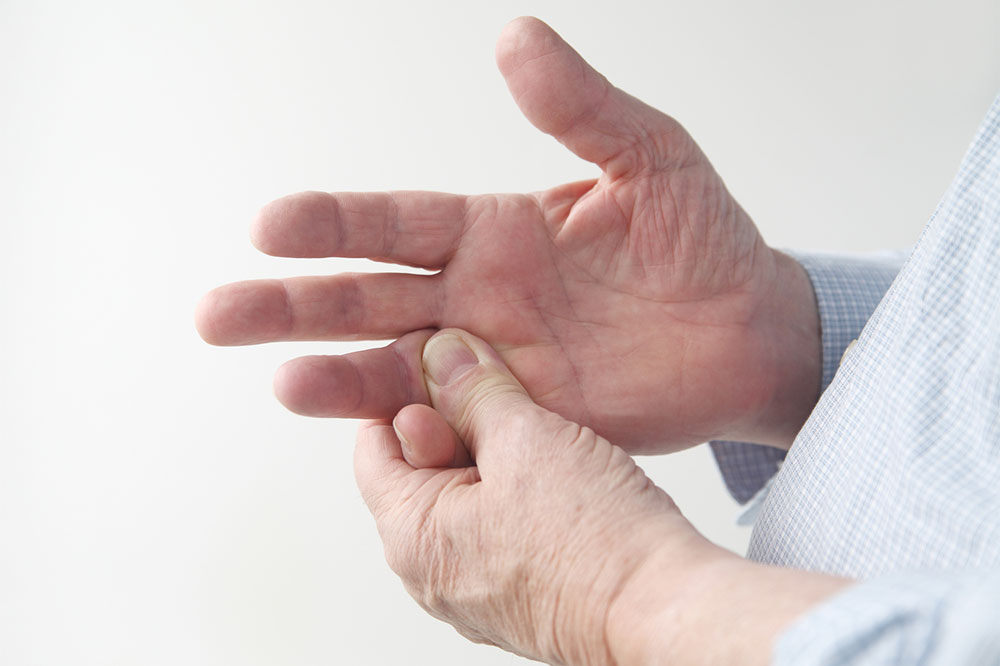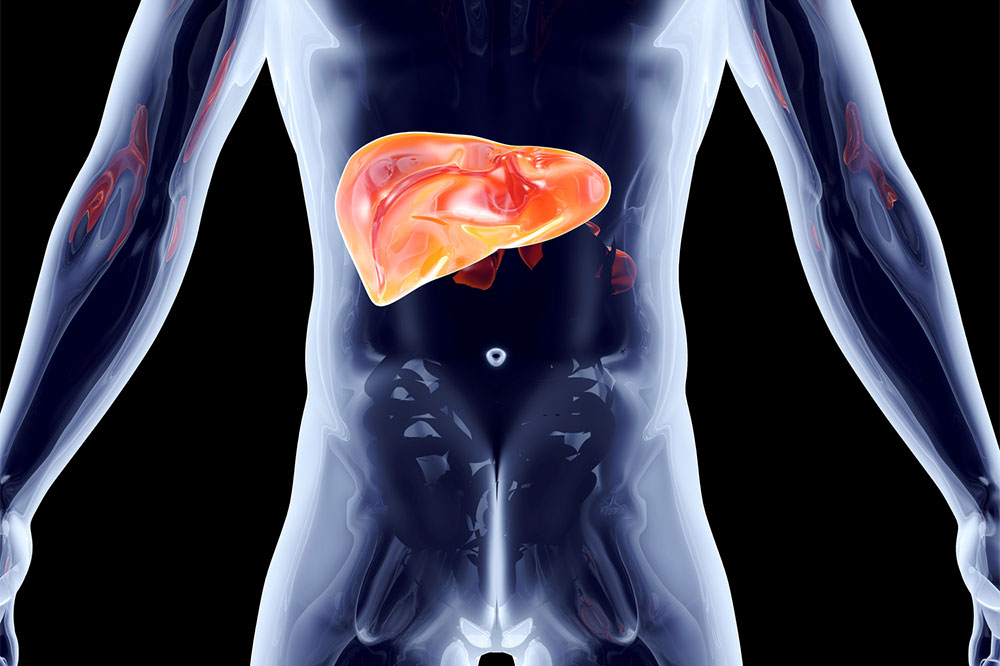7 strategies for improving blood count and circulation

Aging causes some changes in the body that can, at times, come with unpleasant outcomes, such as menopause and the hot flashes that accompany it. Another common and frustrating age-related issue is changes in blood count and circulation. These changes could cause people to develop further problems like anemia, poor wound-healing ability, and blood clots. However, one can maintain and improve blood circulation and count by making certain lifestyle changes.
Here is what one can do:
- Hydrate well
With aging, the body tends to be a little less capable of holding on to the water it is supplied with. This can be a bigger issue for those who already have a low water intake. Any compromise in the retention of water can result in dehydration, which in turn affects blood count and circulation. So stocking up on water and hydrating fluids is a great way of keeping one’s blood count and circulation in check. - Eat balanced meals
Eating balanced and wholesome meals ensures that the body gets all the required nutrients to function well. Plus, sticking to eating nutritious meals also means that one is not overfeeding the body with excess unhealthy fats, carbohydrates, and sodium. Including plenty of vegetables, fruits, and whole grains can help keep the blood count in check. Eating lean sources of protein like fatty fish, chicken, and other seafood options is an excellent way to keep fit and healthy. - Exercise regularly
Moving one’s body and working out every day keeps the blood pumping through the body. It can also help with improved circulation, keeping all the organs and systems running smoothly. Getting about 30 minutes of moderate-intensity exercise in a day can greatly benefit one’s health. One must aim to exercise at least three to four times a week. - Manage stress levels
Chronic stress is one of the silent causes of multiple health concerns. A negative impact on blood circulation and the count of blood components are just among the few common side effects of chronic stress. Doing activities that manage stress can help keep the blood count in check. Meditating, doing yoga, and practicing breathing techniques can help one as they age and start experiencing the health concerns that arise over time. - Sleep well
Another thing that can act as a contributing factor to various health conditions is the lack of proper sleep. Poor quality or smaller sleep hours can cause more trouble than just disrupting the blood count or blood circulation as one ages. To keep the body functioning at its finest, it is crucial that one gets at least seven to eight hours of quality sleep every night. - Manage chronic conditions
Some health conditions can also be a cause for concern when it comes to low blood count or poor blood circulation. This includes conditions like heart problems, high blood pressure, high cholesterol, and diabetes. If any of those conditions exist, it is important to work with one’s healthcare provider to make sure no complications arise from these underlying health problems. - Stay active
Staying active beyond one’s half an hour of exercise is important to keep the blood flowing normally and maintain a healthy blood count. Taking breaks from constantly standing or sitting for prolonged periods is crucial to maintain a healthy mind and body. If moving around is not an option, try a few stretching exercises.






